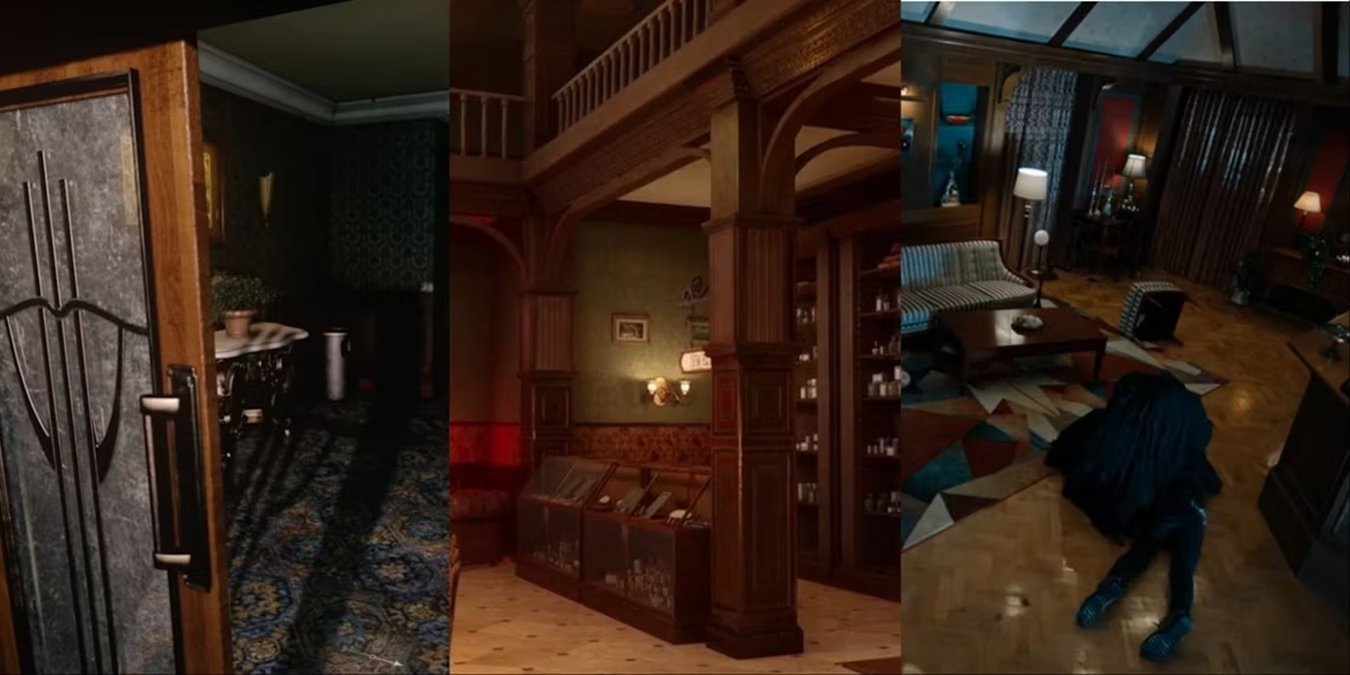Filming twelve men around a table creates a sense of intimacy and tension in this classic courtroom drama. The storyline is about more than a murder trial, but rather the inner workings of how people interact and their varying opinions. Reginald Rose’s script and Sidney Lumet’s great direction (his debut) meld together for this riveting courtroom drama. It celebrates reason and basic human decency in an era when they seem to be at a premium.
Character Analysis
The property that would become 12 Angry Men began its life in a hothouse intersection of creative forms. Reginald Rose conceived it as a live teleplay in 1954 for what was then an era of high-wire, live broadcast drama. It took a gifted director to give it its final crossbreeding into film. Enter Sidney Lumet (1924-2011), who made it his debut feature.
Its strength lies in the great script written by Rose and brilliantly performed by its cast, led by Henry Fonda. His righteous hero is a polarizing figure in the room, able to command everyone’s attention and elicit a resounding “not guilty” vote from Juror 10.
But this movie is not all about who is right or wrong in the end. It’s about the way individual prejudice and emotional baggage affect a jury’s search for truth, as well as the fragility of our justice system. Those themes remain as pertinent today as they were in 1957.
Storyline
Sidney Lumet’s adaptation of Reginald Rose’s play is a gripping legal drama and social commentary about an all-male, all-white jury deliberating over the conviction or acquittal of a teenager accused of murder. The film is a powerful indictment and denunciation of the American judicial process. The ibomma film revolves around a small, claustrophobic jury room that is occupied by twelve men who must come to a unanimous verdict in the case of a young man accused of murdering his father. The film explores how personal prejudices, opinions, and biases can taint the jury’s decision-making abilities.
12 Angry Men has aged well and is still as pertinent today as it was when it was made in 1957. It’s an example of how a film can succeed without bells and whistles, using a single setting and a problem at hand to generate tension and interest. It also boasts a stellar cast of character actors (Lee J. Cobb, Ed Begley, Henry Fonda) that elevates this courtroom drama to a level that surpasses most.
Audience Reaction
12 Angry Men is an essential piece of film history, with its themes and characters still being relevant today. It’s a testament to the strength of Reginald Rose’s play and Sidney Lumet’s brilliant direction that this movie has stood the test of time.
Lumet’s use of the claustrophobic courtroom setting is masterful, with each scene revealing a little more about the character’s personalities and motives. Few films succeed at this. The 1957 version flows a bit more smoothly than the 1997 remake, but both are worth seeing.
The cast, led by Henry Fonda as the lone voice of reason, is made up of a group of great character actors who all went on to have illustrious careers on screen. Lee J. Cobb, Ed Begley, E.G. Marshall, Martin Balsam, and Jack Klugman all delivered superb performances. 12 Angry Men is a riveting drama that’s hard to watch without being moved. It’s one of the most compelling movies ever made.
Overall
Twelve men in a room arguing about a young boy on trial for murder – that simple premise has all the ingredients of a classic courtroom drama. What could have been a mundane, television-style piece of staged entertainment was transformed by Sidney Lumet (who hadn’t yet made the full transition from theater to film) into a masterpiece. Without fancy staging or special effects this absorbing movie is held together by the acting prowess of a stellar cast led by Henry Fonda and Lee J. Cobb.
It’s a dramatic essay about justice – and how difficult it can be to arrive at. It eschews the studied ambiguity and cynicism of other movies of this kind in favor of a simple, humane view of how deliberation and logic can prevail over prejudice, hysteria and emotion. It’s a powerful and timeless message. I think the 1997 remake dragged a bit at times – this original version moves more like real time and feels better.



